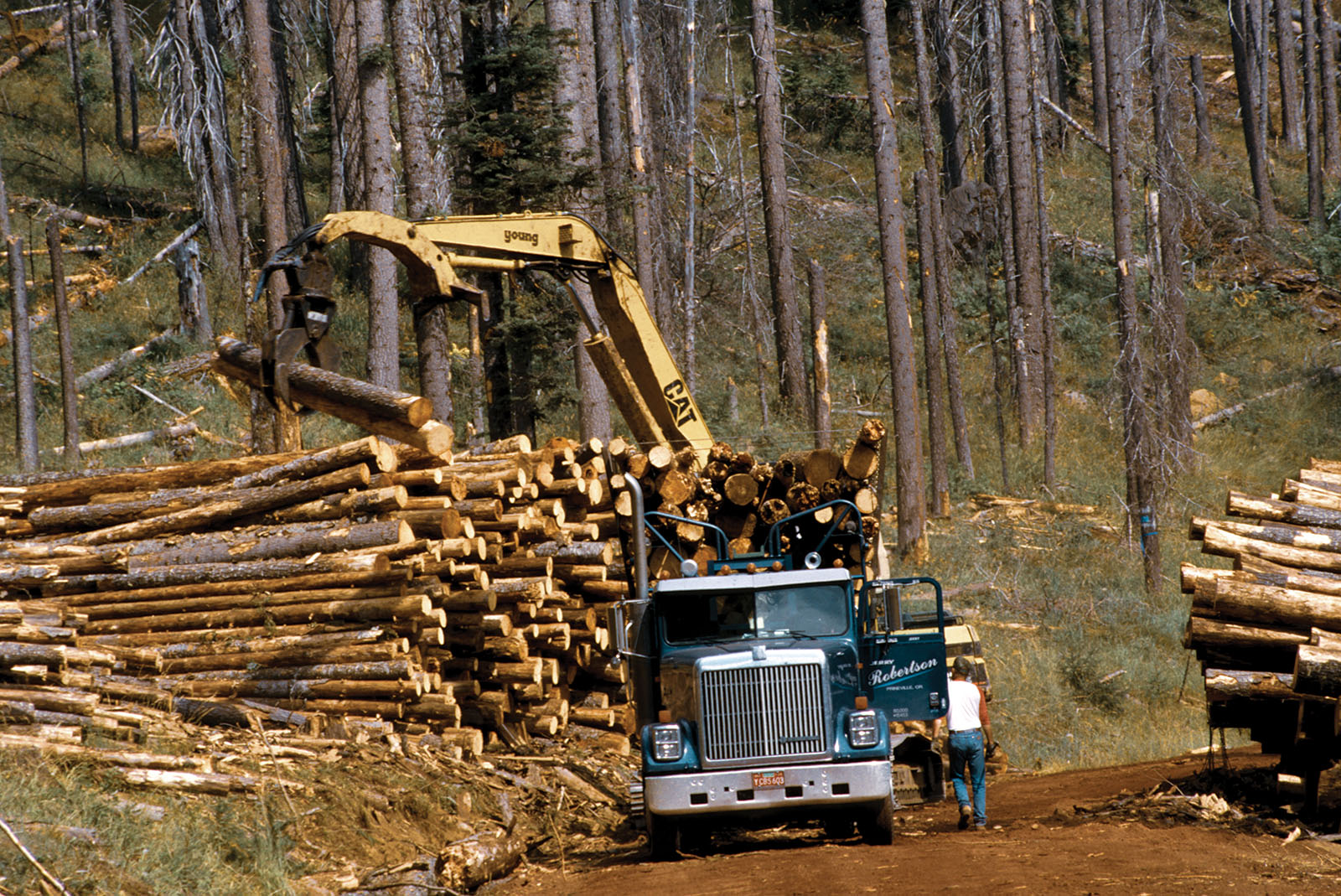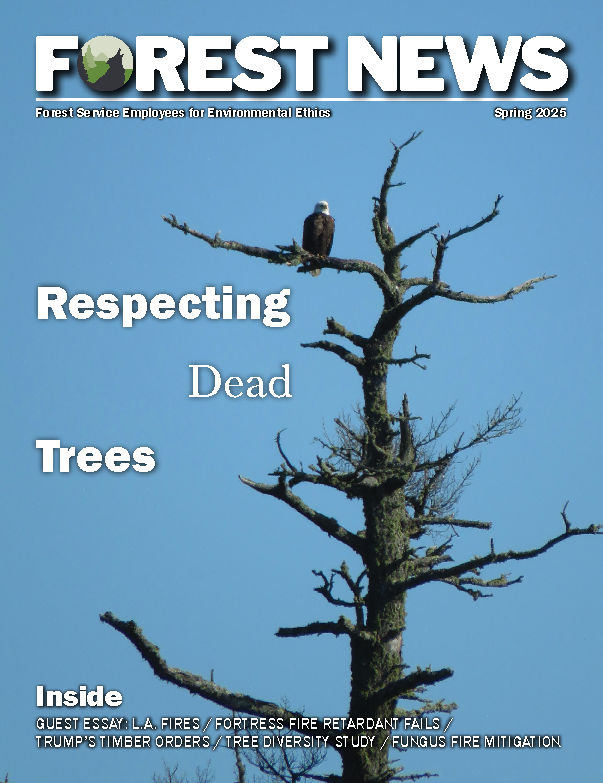Half a century of logging high-value timber on public lands created an industry of federally dependent sawmills throughout the Western states. Concurrently, the Forest Service did its darnedest to stamp out forest fires. That was pretty easy during the mid-20th century logging era when Pacific Ocean currents were in a cool phase, which kept Western forests damp. This logging-firefighting combination has now created dense thickets of small trees across millions of national forest acres.
These small trees are financially worthless. The trees are too far from mills and often on steep, inaccessible slopes. The cost to remove them is more than can be earned from selling a product, whether biomass energy or lumber. It makes no more economic sense to cut worthless trees than it does to mine worthless minerals.
Having fouled up our forests, the Forest Service could let nature sort out the mess the agency has created. That would be the most cost-effective strategy. Trees would grow, trees would die — as they have for millennia. Fires would burn and then go out — as they have for millennia. In other words, pretty much what happens now across much of the West’s national forests.
But cost-effective for taxpayers means something totally different to a bureaucracy. It means lower budgets, fewer employees and contractors, less pork-barrel spending, and an erosion of political capital and patronage — outcomes that are anathema to any agency.
The staggering cost to taxpayers of removing worthless trees requires a public relations campaign equal to the task. Messaging is job number one. Change worthless trees to “hazardous fuels” and the Forest Service can sell its logging strategy as a Superfund-style cleanup program that protects homes and communities. Never mind that the “hazard” to homes and communities has nothing to do with how national forests are managed. It has everything to do with how private homes are built and backyards are maintained, but this is simply an inconvenient fact the Forest Service brushes aside.
Doling out small slices of the pork pie to its sycophants is also a useful tactic. The National Wild Turkey Federation (NWTF), which has never seen a clearcut it doesn’t like, is the Forest Service’s perfect ally. Late last year, the Forest Service and NWTF entered into a “stewardship” (sic) contract that will launder 50 million tax dollars to pay for rail-freighting national forest logs (aka “hazardous fuels”) from California to Wyoming and South Dakota sawmills. Why? Because neighboring Black Hills National Forest has been overcut and has run low on merchantable timber. You can’t make this stuff up.


